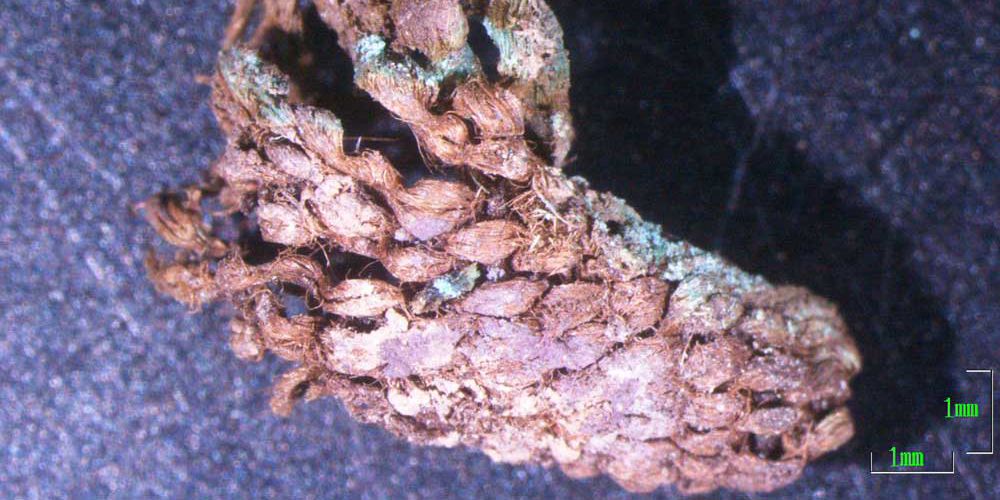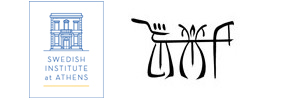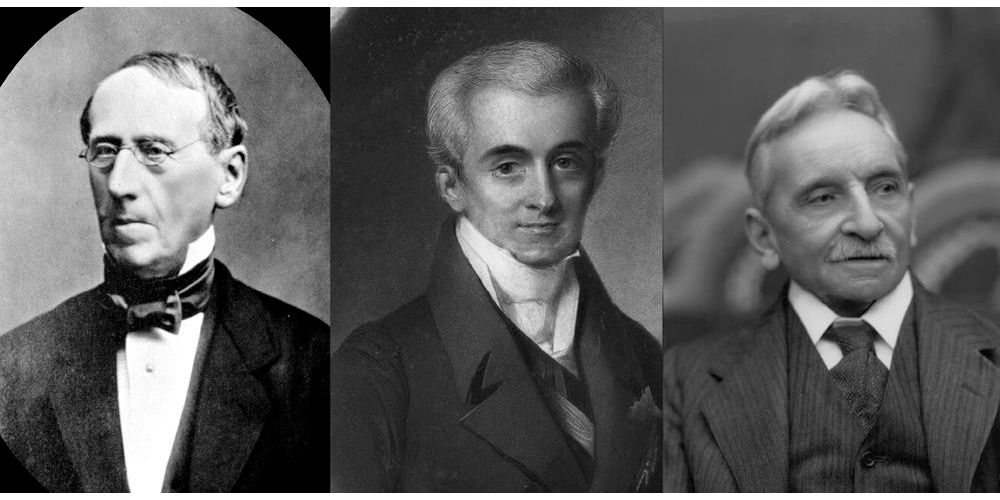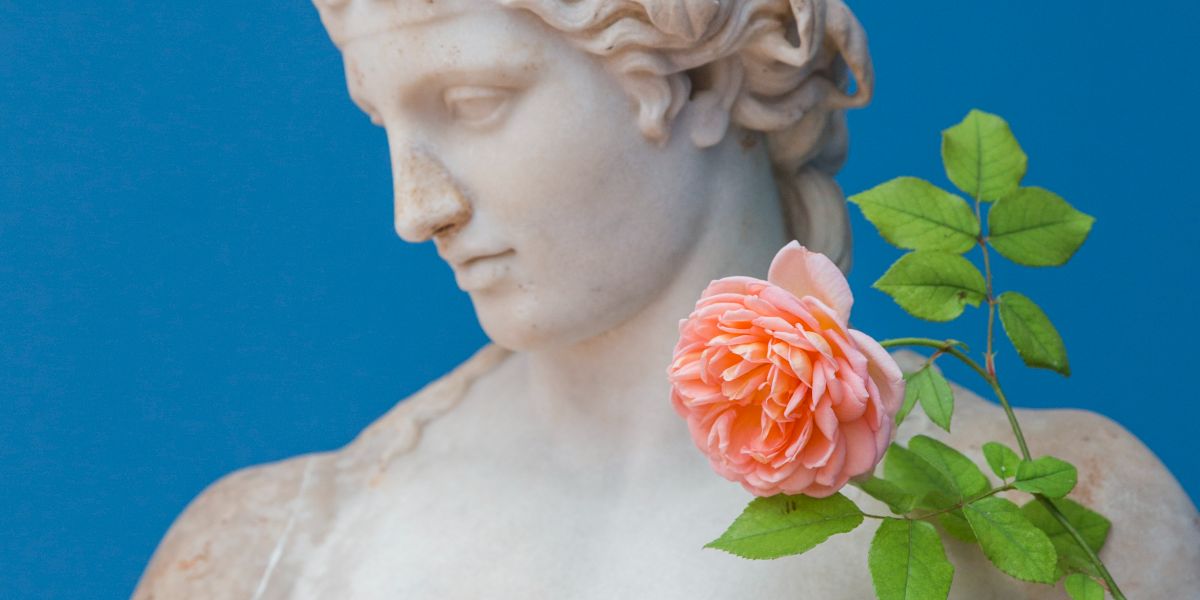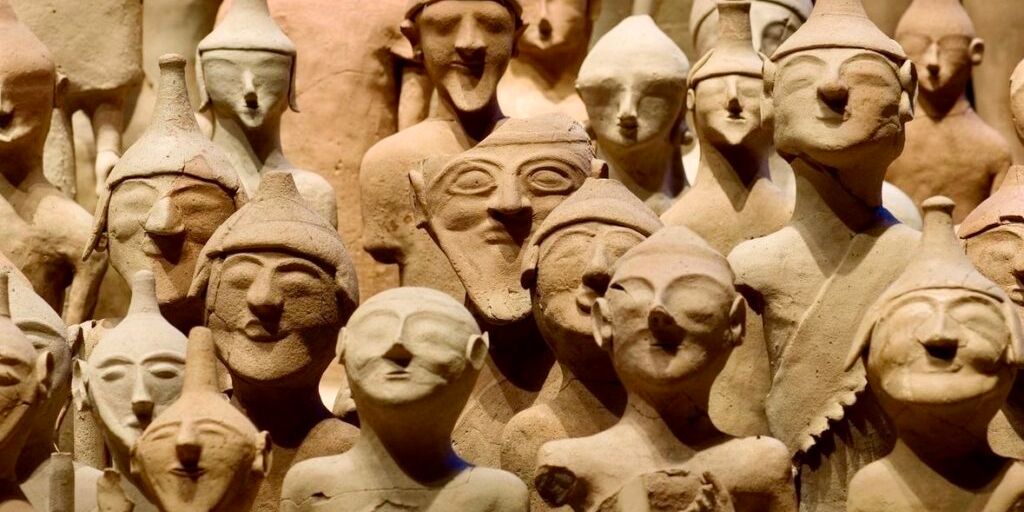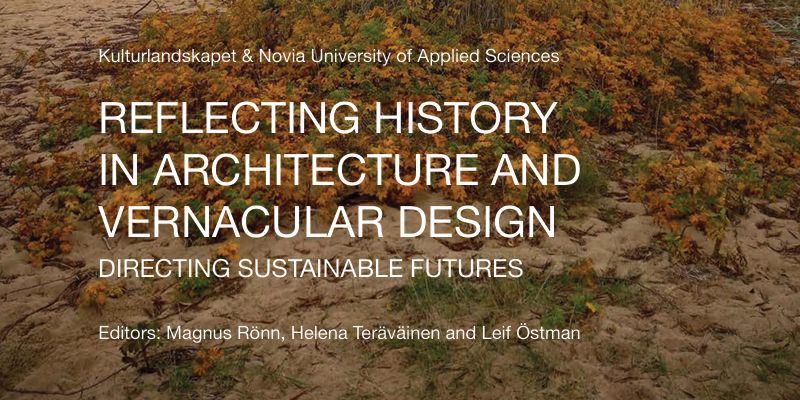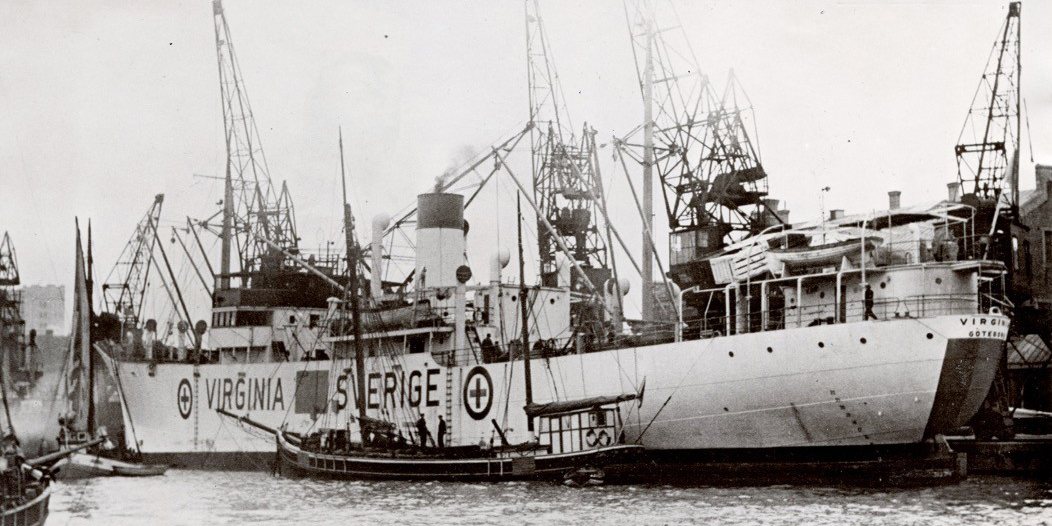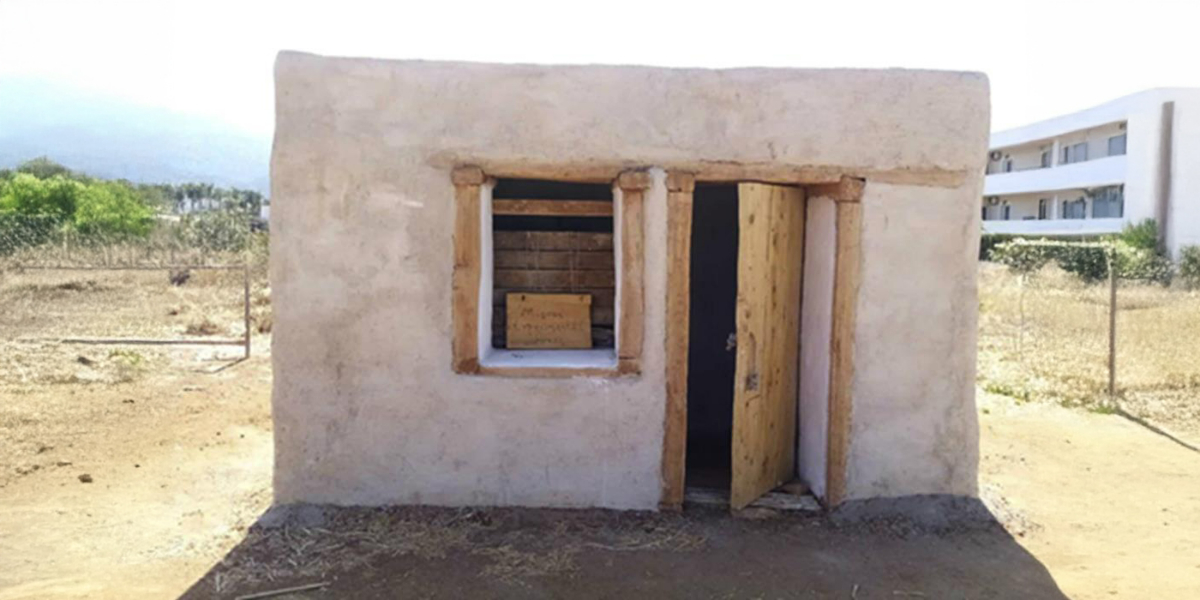Poikilia – En resa i antikvetenskapernas mångfald
Published: 2024-11-19
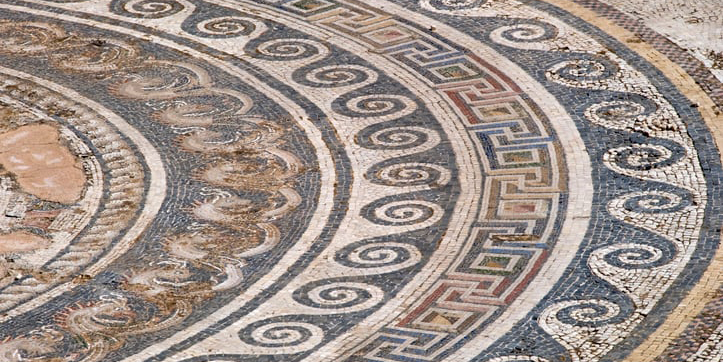
In 2023, the Swedish Institute at Athens celebrated it’s 75th anniversary. Thanks to a generous grant from the Barbro Osher Pro Suecia Foundation, the Institute was able to announce four research grants to celebrate this: two grants to Swedish researchers and two to Greek colleagues, to also celebrate 75 years of excellent cooperation between our countries. The four researchers will present the work made possible by the grants on Thursday, December 5, 2024, at 17:00-19:45, at the Museum of Mediterranean and Near Eastern Antiquities in Stockholm. It will be an exciting journey that takes us from metalwork in prehistoric times to the architecture of the modern excavation site, via the sanctuary of the goddess Hera on Samos and the sharp sickle of the god Kronos.
Please note! Two presentations will be given in English and two in Swedish.
In English: Silver Lead and Copper Production at Sifnos during the Early Bronze Age - Magda Giannakopoulou
Magda Giannakopoulou, PhD student in Prehistoric Archeology at the University of Athens and affiliated with the Demokritos Research Center, presents her study in which she combines archaeological and archaeometallurgical methods to map the very early metallurgical production at the island of Sifnos, then investigate its role on the sociopolitical and economic development of the early societies in the Aegean.
In English: A contextual interpretation of the terracotta masks from the sanctuary of Hera on Samos - Maria Spathi
Maria Spathi, Assistant Professor of Classical Archaeology at the University of Crete, worked on the project A contextual interpretation of the terracotta masks from the sanctuary of Hera on Samos. The Samian Heraion was one of the oldest and most important sanctuaries in the Aegean. Hera of Samos was a goddess of fertility, but also closely linked to the successful trading ventures of the Samians as evidenced by the international character of the gifts presented in the sanctuary. Among these offerings were 10 terracotta masks, some even life-size, representing wrinkled faces, gorgons, silenoi and young men. Terracotta masks was not a popular type of offering in Greek sanctuaries, which makes their interpretation all the more intriguing.
The lectures are between 17.00-19.00, followed by mingle in the Salon offered by the Swedish Institute at Athens and the Association of the Friends of the Swedish Institute at Athens.
In collaboration with the Museum of Mediterranean and Near Eastern Antiquities and the Association of the Friends of the Swedish Institute at Athens.
Warmly welcome!
For more information and tickets: https://www.medelhavsmuseet.se/kalendarium/program/poikilia--en-resa-i-antikvetenskapernas-mangfald/

